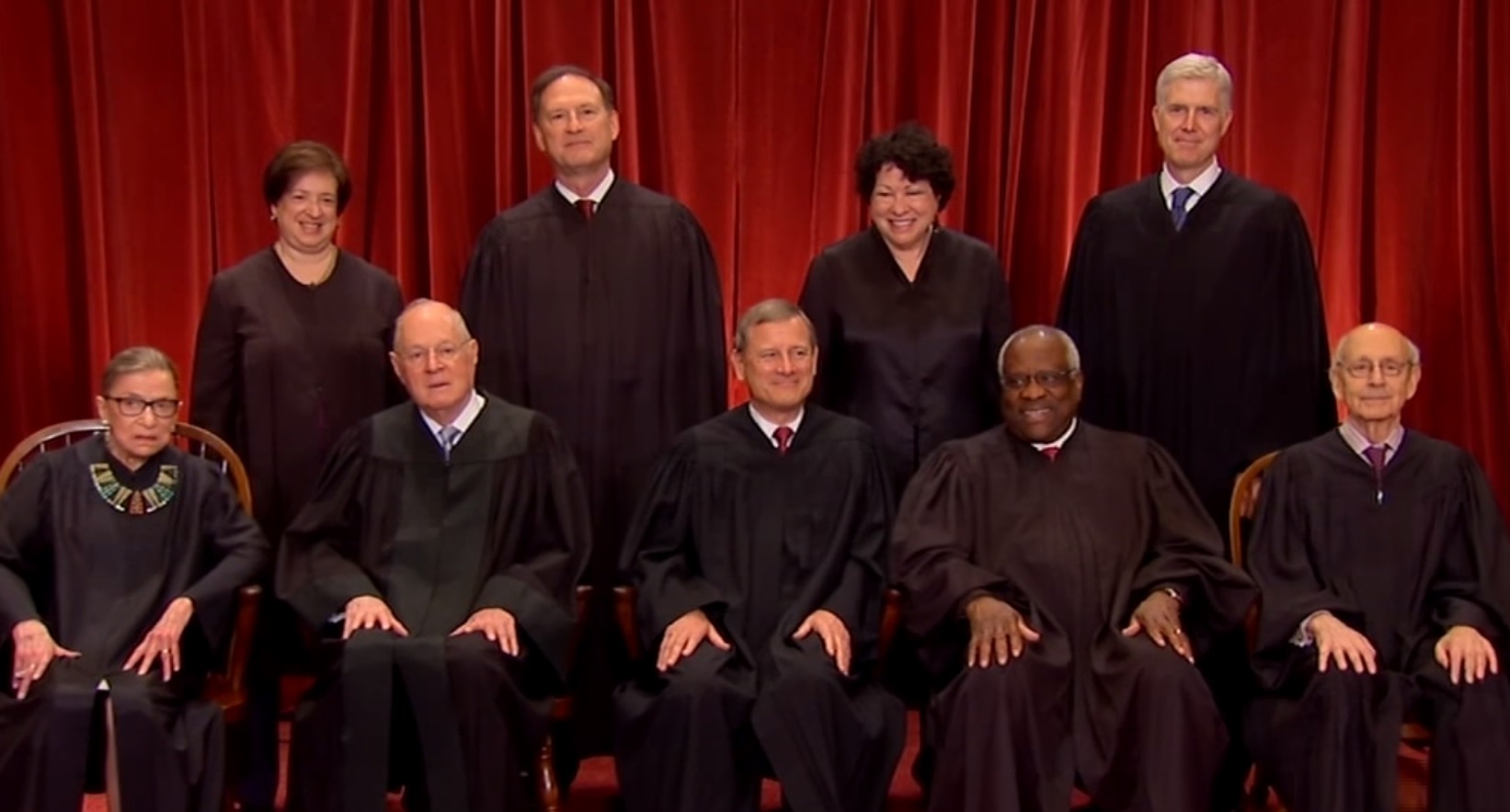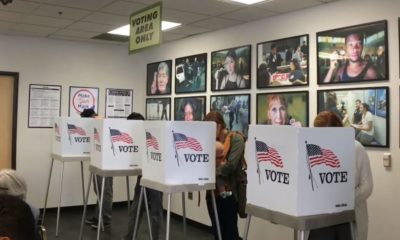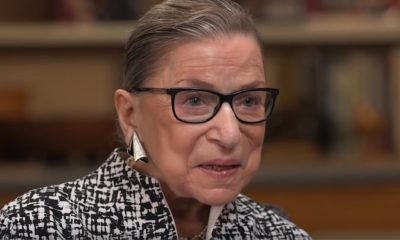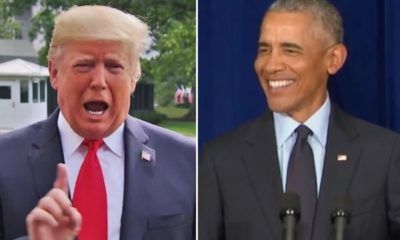DEMOCRACY
Supreme Court Upholds Controversial Ohio ‘Voter-Purge’ Law In Major Blow To Voting Rights
By a 5-4 margin, the U.S. Supreme Court ruled in favor of the state of Ohio in a case over its policy of purging voters from the registration rolls if they fail to vote in two consecutive elections — and if they fail to return a mailed address confirmation form. The ruling is a victory for Republicans and a major blow to voting rights groups.
The court’s five conservative justices found that the voter-purge practice, known as the “supplemental process,” does not violate the National Voter Registration Act, which bars states from removing the names of people from the voter rolls for failing to vote.
The Ohio law is considered one of the most aggressive voter-purge system in the country.
Justice Samuel Alito wrote the majority opinion with the court’s other conservatives signing on.
In the first line of the opinion, Alito cites a Pew Center on the States study as evidence for why he sees the need to clean up voter rolls: “It has been estimated that 24 million voter registrations in the United States—about one in eight—are either invalid or significantly inaccurate. And about 2.75 million people are said to be registered to vote in more than one State.”
The Pew study was the same one that incoming Trump White House officials misleadingly cited to make the case that voter fraud was occurring and immigrants in the U.S. illegally were voting.
“Some numbers include the Pew Research study that said that approximately 24 million, or one out of every eight, voter registrations in the United States are no longer valid or significantly inaccurate,” Jason Miller, then-spokesman for the president-elect, told reporters a week after the 2016 election. “And in that same Pew Research study, the fact that 2.5 million people have registrations in more than one state. So all of these are studies and examples of where there have been issues of voter fraud and illegal immigrants voting.”
Trump claimed that he actually won the popular vote, despite losing it by about 2.9 million votes, because of millions of voters who voted illegally. He has yet to provide evidence to back his claims.
The Help America Vote Act “dispelled any doubt that a state removal program may use the failure to vote as a factor (but not the sole factor) in removing names from the list of registered voters,” Alito notes. “That is exactly what Ohio’s Supplemental Process does. It does not strike any registrant solely by reason of the failure to vote.”
Justice Stephen Breyer issued a dissenting opinion, which Justice Ruth Bader Ginsburg, Sonia Sotomayor and Elena Kagan joined.
Breyer argued that a voter’s failure to respond to a forwardable notice is an irrelevant factor in terms of what it shows about whether that registrant changed his or her residence.
“To add an irrelevant factor to a failure to vote, say, a factor like having gone on vacation or having eaten too large a meal, cannot change Ohio’s sole use of ‘failure to vote’ into something it is not,” he said.
NPR notes:
The lead plaintiff in the case, Larry Harmon, is a software engineer from the Akron area, who normally votes in presidential election years, but not the midterms. In 2012, neither Barack Obama nor Mitt Romney excited him, so he decided not to vote.
When he did decide to vote a couple of years later, he found he was no longer registered. He had been purged from the voter rolls, because he hadn’t voted in the previous two elections.
Failure to vote is not unusual in this country. In 2016, 29 percent of the registered voters in Ohio failed to vote. Nationwide, the number was even higher, more than a third, according to the U.S. Election Assistance Commission.
Stuart Naifeh, senior counsel at Demos, which argued the case on behalf of the A. Philip Randolph Institute, the Northeast Ohio Coalition for the Homeless and Harmon, said the court’s ruling threatens the ability of voters to have their voices heard in U.S. elections.
“The fight does not stop here,” he said in a statement. “If states take today’s decision as a sign that they can be even more reckless and kick eligible voters off the rolls, we will fight back in the courts, the legislatures and with our community partners across the country.”
In a statement, Ohio Sen. Sherrod Brown (D) said Ohio officials should be working to make voting easier, not harder.
“Instead, today’s decision empowers Ohio to further strip away the right to vote for thousands of Ohioans, threatening the integrity of our state’s election process,” he said.


















